
BMW cars are known for their sporty handling and dynamic abilities. Even the most basic BMWs drive better than similarly priced rivals and this trend has been going for several decades.
While BMW knows how to make the ultimate driving machine, we’ve inspected BMWs from another point of view – reliability.

Need help buying a used car?
Enter a VIN code to learn more about any vehicle!
How we made the list
Every used vehicle buyer wants to drive a reliable car. Unfortunately, it can be hard to determine a dependable car from a brittle one. Due to this reason, we looked through dependability studies done by Consumer Reports, J.D. Power and other sources to create this list.
Do BMWs have reliability issues?
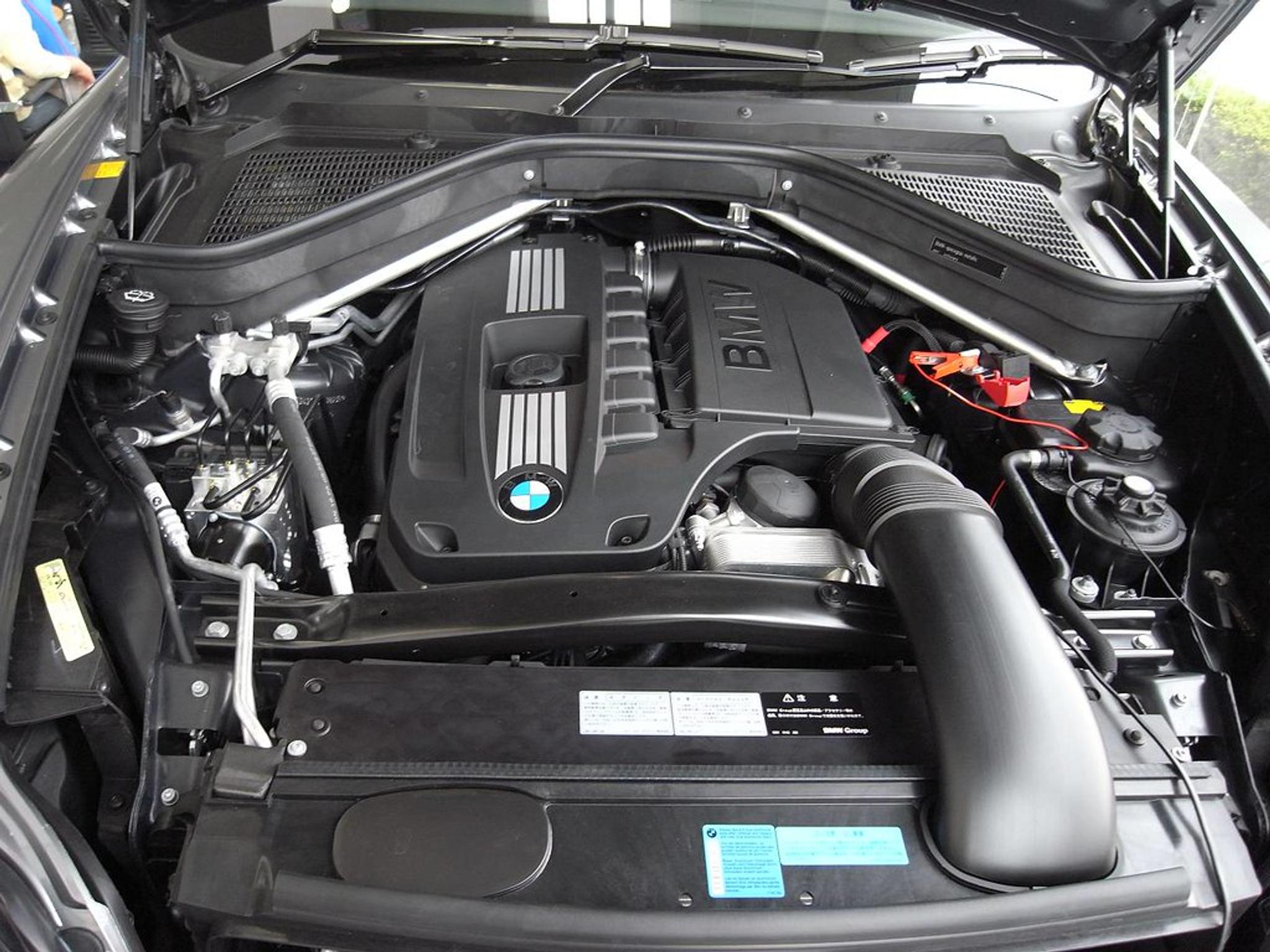
While there are few BMW-related horror stories, longtime owners would tell you that sometimes complex German engineering can have issues.
Several durability studies have given BMW average scores, suggesting that it’s not the most reliable manufacturer. The widely popular magazine Which? gave BMW a reliability rating of 177 out of 200, placing it 31st out of 40.
Meanwhile, Repairpal gave BMW a score of 2.5 out of 5.0, ranking the company 30th out of 32 car brands. This may give the impression that reliable BMWs don't exist, but like every other German vehicle, BMWs need proper and regular maintenance.
10. BMW X5 (G05)

Designed in Germany and built in the US, the X5 is a global superstar. In 2021, BMW produced 165,704 X5 SUVs. Considering how well thought-out the BMW X5’s interior is and the impressive capabilities it offers, production numbers are not surprising.
When it works flawlessly, this wildly popular luxury SUV is incredible. However, BMW X5 owners complain about the factory paint quality, the poor functionality of the ventilated seats, and other electrical faults that affect the operation of several comfort options. The good news is that technical faults are rare and don't affect the overall reliability rating too much.
Over the past few years, the BMW X5 has scored an average durability rating of 75 out of 100 in the J.D. Power reliability study. It’s not a class-leading result, but it’s certainly not terrible.
9. BMW 3-Series (E90)
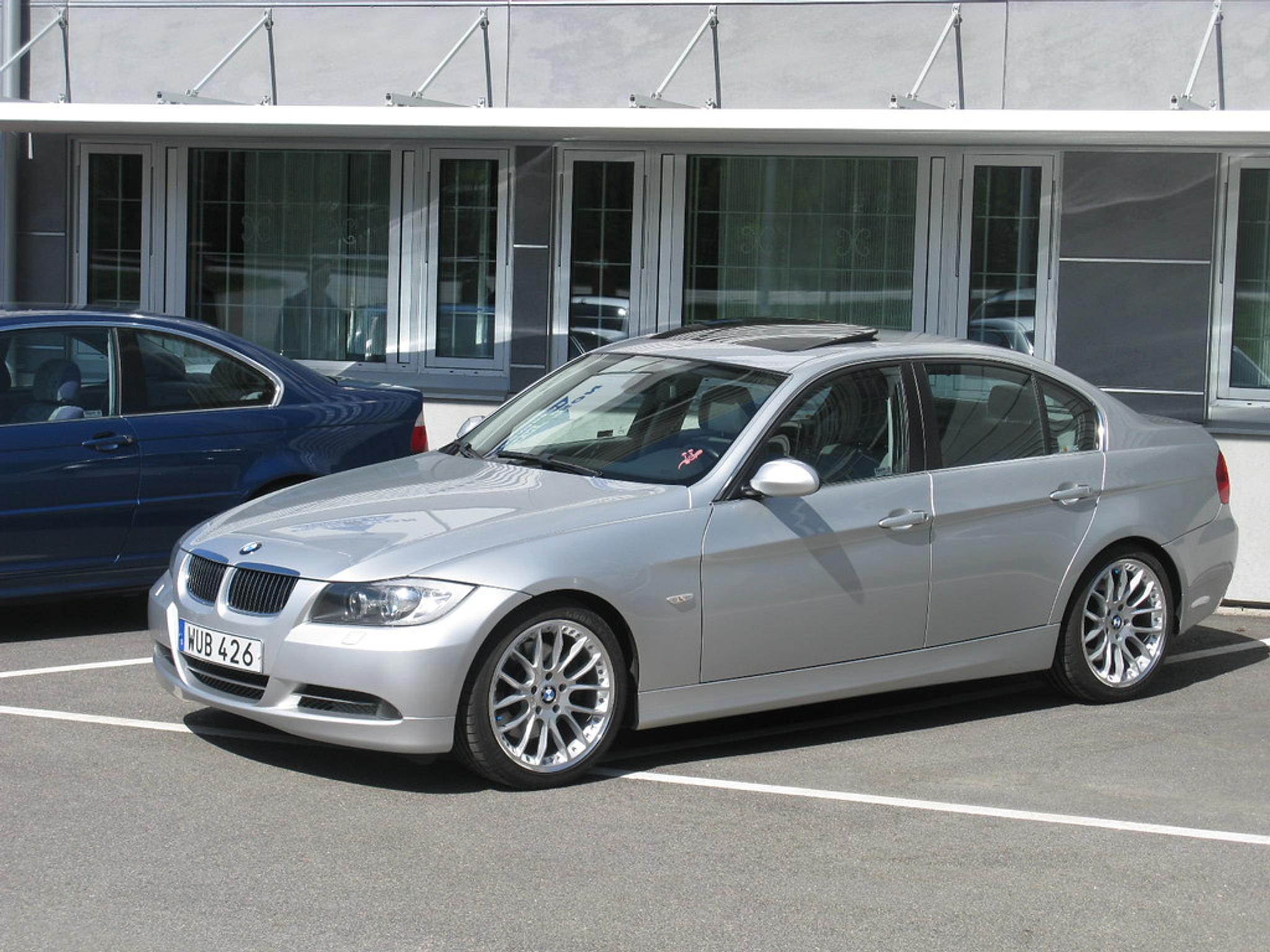
Many car series suffered in the 2000s as loads of brand-new technology kicked in. However, the new BMW 3-Series, introduced in 2004, became one of the best compact executive cars on the market.
J.D. Power gave this model an average reliability rating of 77 out of 100. The rating would be higher if the E90 wasn’t offered with a few poor engines, including N47 and N55. These engines suffer from oil and coolant leaks, premature timing chain issues, and various sensor failures.
However, pick an M47/M57 diesel or an N52/N53/N54 petrol engine, and you should be golden. These engines are known to go for hundreds of thousands of miles without major issues – just regular maintenance and small occasional repairs.
8. BMW X1 (U10)
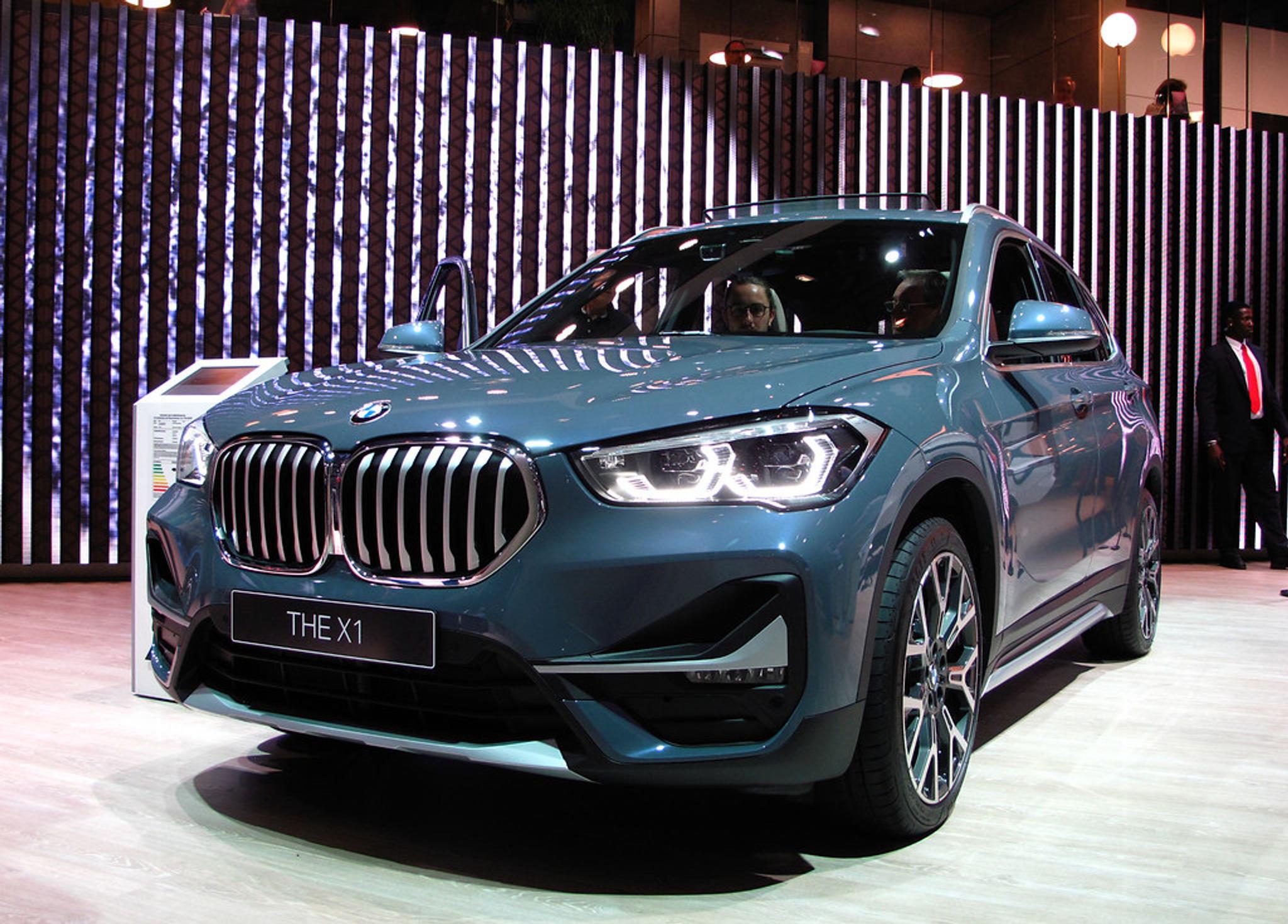
One of the cheapest BMW crossovers uses the front-wheel-driven platform, commonly shared with the Mini Countryman and the BMW 2-series Active Tourer MPV.
While adopting a front-wheel-drive platform was sensible, it could be a considerable drawback for die-hard BMW enthusiasts. Previous generations were based on the 3-series platform, making it more tail-happy than any other compact crossover.
Although BMW has switched to a less complex platform, the X1 still has higher maintenance costs than several rivals. According to RepairPal, the average annual repair cost for the X1 is $915. The X1's repair expenses are 6.3% greater than those of the typical luxury compact SUV and 33% higher than those of the industry standard.
Owners complain of premature wear of brake pads and the lower control arm. However, the current generation of turbocharged engines appears free of the oil consumption and timing-chain troubles that plagued previous generations, so it’s not all bad.
7. BMW 3-Series (G20)
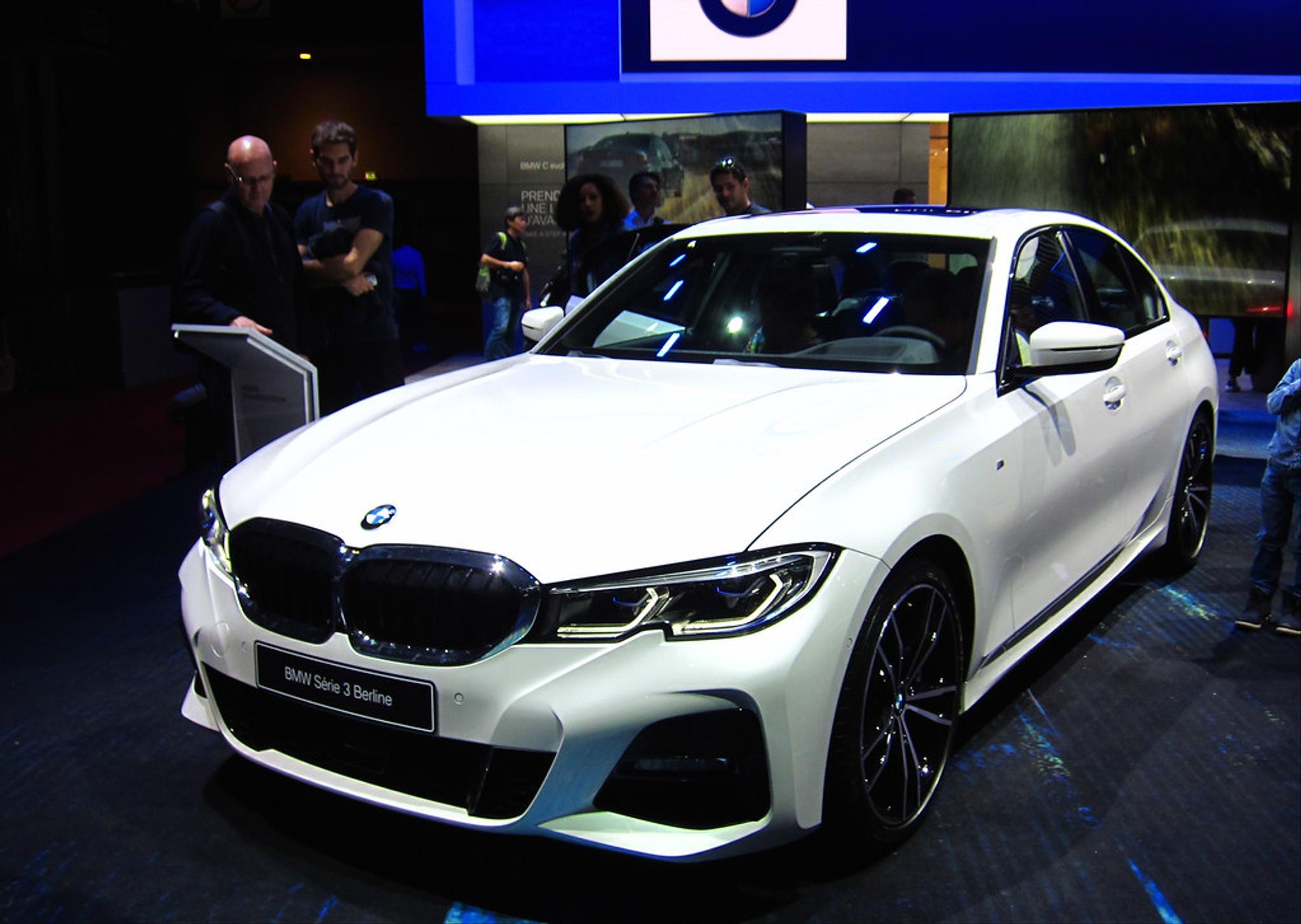
The iconic 3-series is a symbol of the BMW. The car's near-perfect dimensions hide one of the world's best sports sedans. BMW has perfected the formula to such an extent that other rivals have a hard time outshining the overall abilities of the 3-series.
So far, the latest generation of the 3-series BMW shows promising signs of improved reliability. In the What Car? reliability study, the G20 generation model scored a reliability rating of 97.3%, while the older model had 92.6%. However, this doesn't mean the 3-series is trouble-free.
There were several cases of oil leaks from the rear differential. Other common problems are related to iDrive infotainment glitches and the Cross Traffic Alert system.
6. BMW 4-Series (G22)
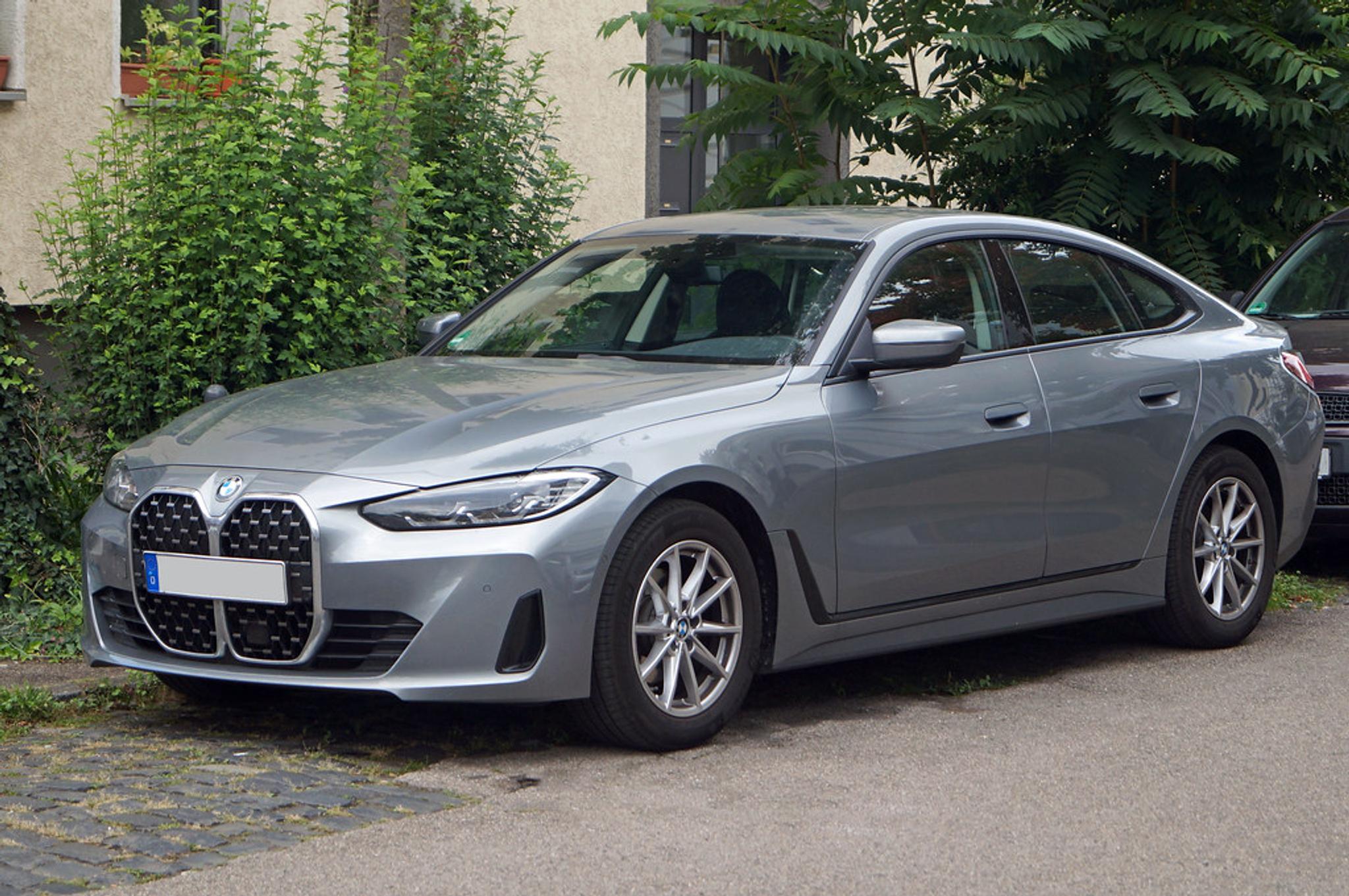
For those looking for a sportier experience, the 4-Series may hit the spot, especially since it’s a reliable BMW sporty executive car. The first-gen 4-Series was introduced in 2014, so it’s a relatively fresh addition to the BMW’s lineup.
The second-generation BMW 4-Series has robust B48, B58, B47, and B57 engines used in most other BMWs. Timing chain issues are much rarer compared to older models, and fuel efficiency is significantly improved.
J.D. Power gave the 4-Series an 85/100 reliability rating, meaning that not many owners had issues with the car in the first years of ownership. Since the second-generation 4-Series was introduced only a few years ago, common problems have been rare, but a leaky rear differential and a water pump are worth pointing out.
5. BMW X3 (E83)
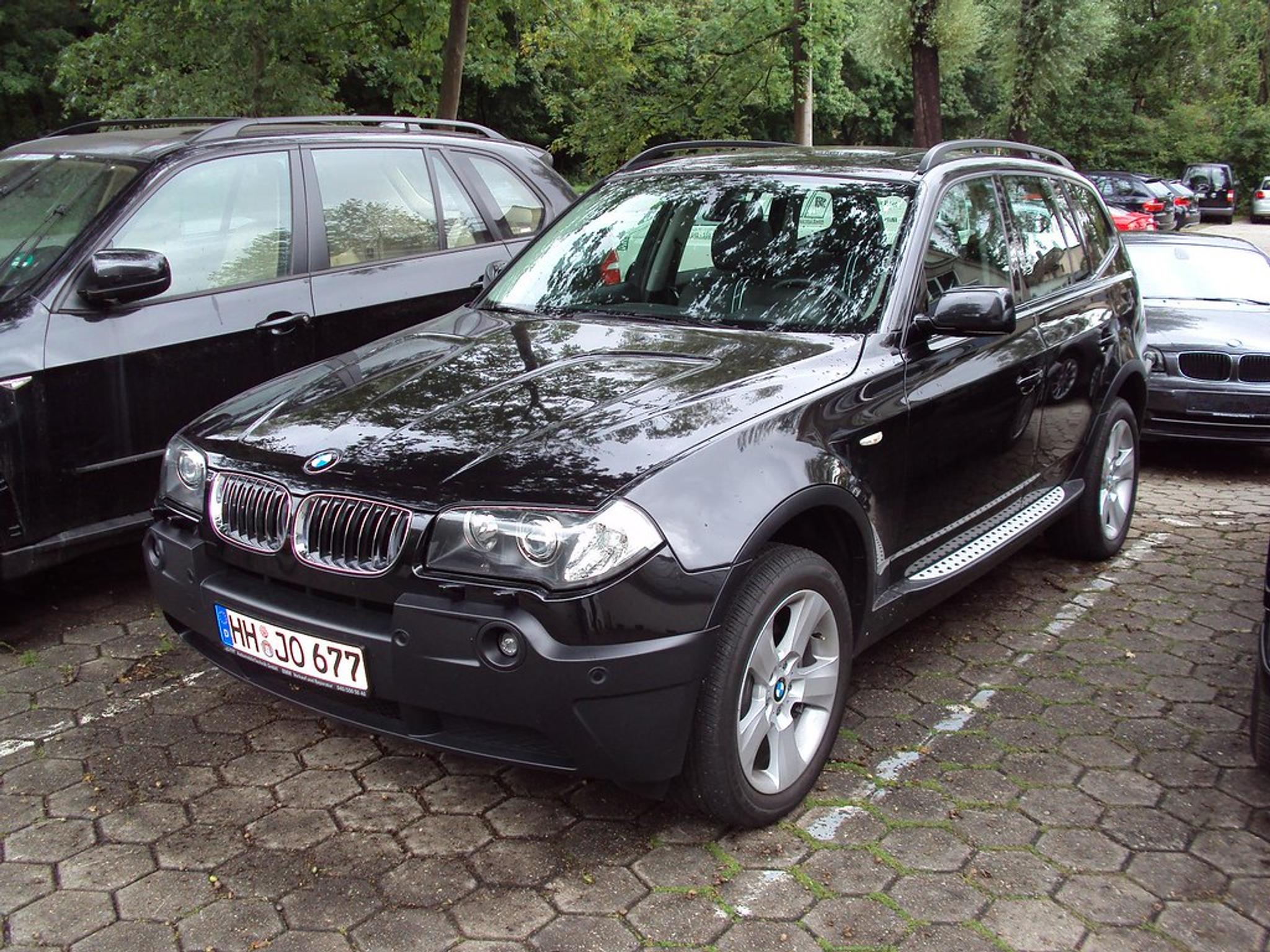
The first-gen BMW X3 (E83) was introduced in 2003 as a younger brother to the X5. It still looks somewhat modern today, but its mechanical side is the most beautiful.
This model is based on a trusty BMW 3-Series platform, which features some of the greatest engines BMW has ever made and a ZF-sourced automatic transmission. The X3 was also available with an automatic four-wheel-drive system X-Drive. Overall, it’s a neat compact crossover that’s way less complicated than the X5 but boasts similar abilities.
Some of the more common issues with these SUVs include a corroded exhaust flex pipe, a faulty EGR system, and unusual suspension noises. However, there are no serious complaints.
4. BMW 3-Series (F30)
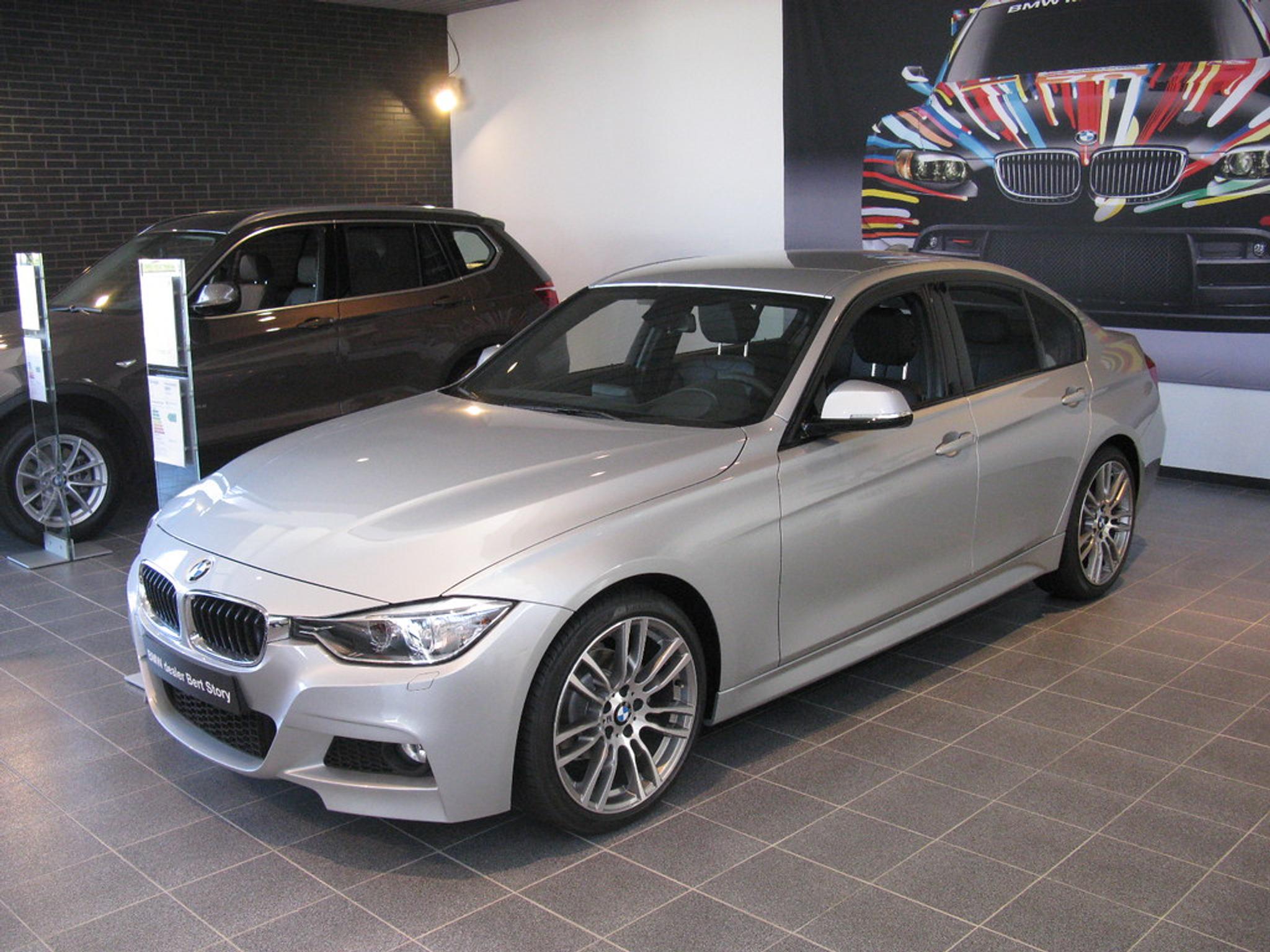
BMW introduced the sixth generation 3-Series in 2012, featuring a completely redesigned styling and many new engines. While the earlier models were offered with older N-series engines from the E90 3-Series, the later ones received refined and more robust B48, B58, and B47 engines.
The B-series BMW engines saved the entire lineup from plummeting to “least reliable cars” lists. Thanks to the addition of these engines, even the iconic Mini Cooper lineup has been considered dependable since 2015. J.D. Power gave the 2016 3-Series an 83/100 reliability rating, which is considered great.
However, the F30 is considered reliable compared to other BMW cars, but it’s not bulletproof like Toyota. Occasionally, F30 owners encounter various electrical issues, and timing chain issues are quite common in N-series engines.
3. BMW 5-Series (E39)
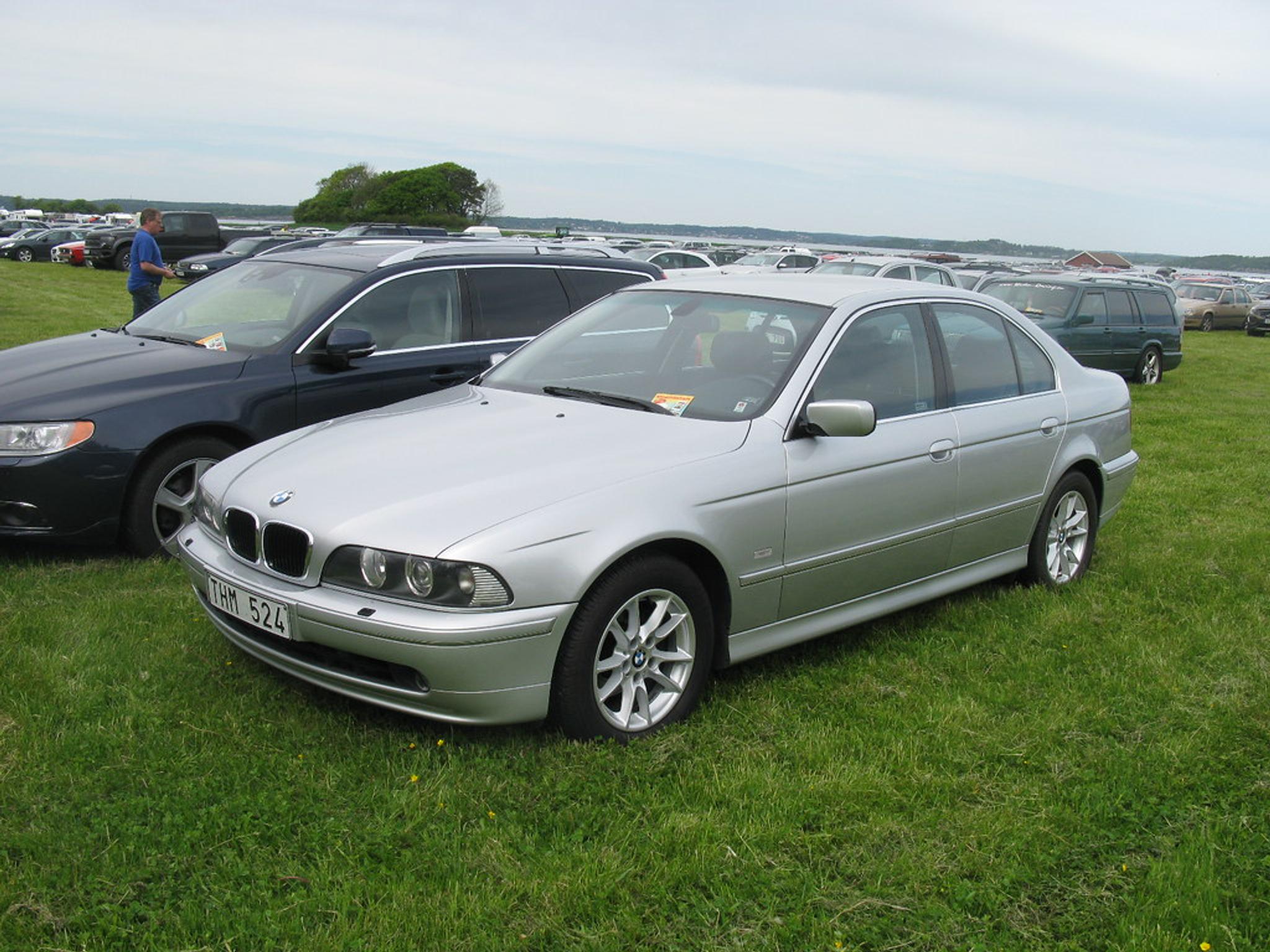
Introduced in 1996, the E39 is the fourth-generation BMW 5-Series, featuring many new innovations and styling features. In 2001, Consumer Reports stated that it was the best car they’ve ever reviewed.
The E39 was comfortable, luxurious, and sporty at the same time – a car like no other. Moreover, people have noticed over time that these cars are bulletproof because they don’t have any weak spots. Almost the entire engine lineup is durable and efficient, the interior is well-built, and ride quality is still astonishing.
The only issue was probably the slow and problematic 2.5-liter TDS (M51) engine in pre-facelift models, which was later replaced with the legendary M57.
2. BMW 1-Series (F40)
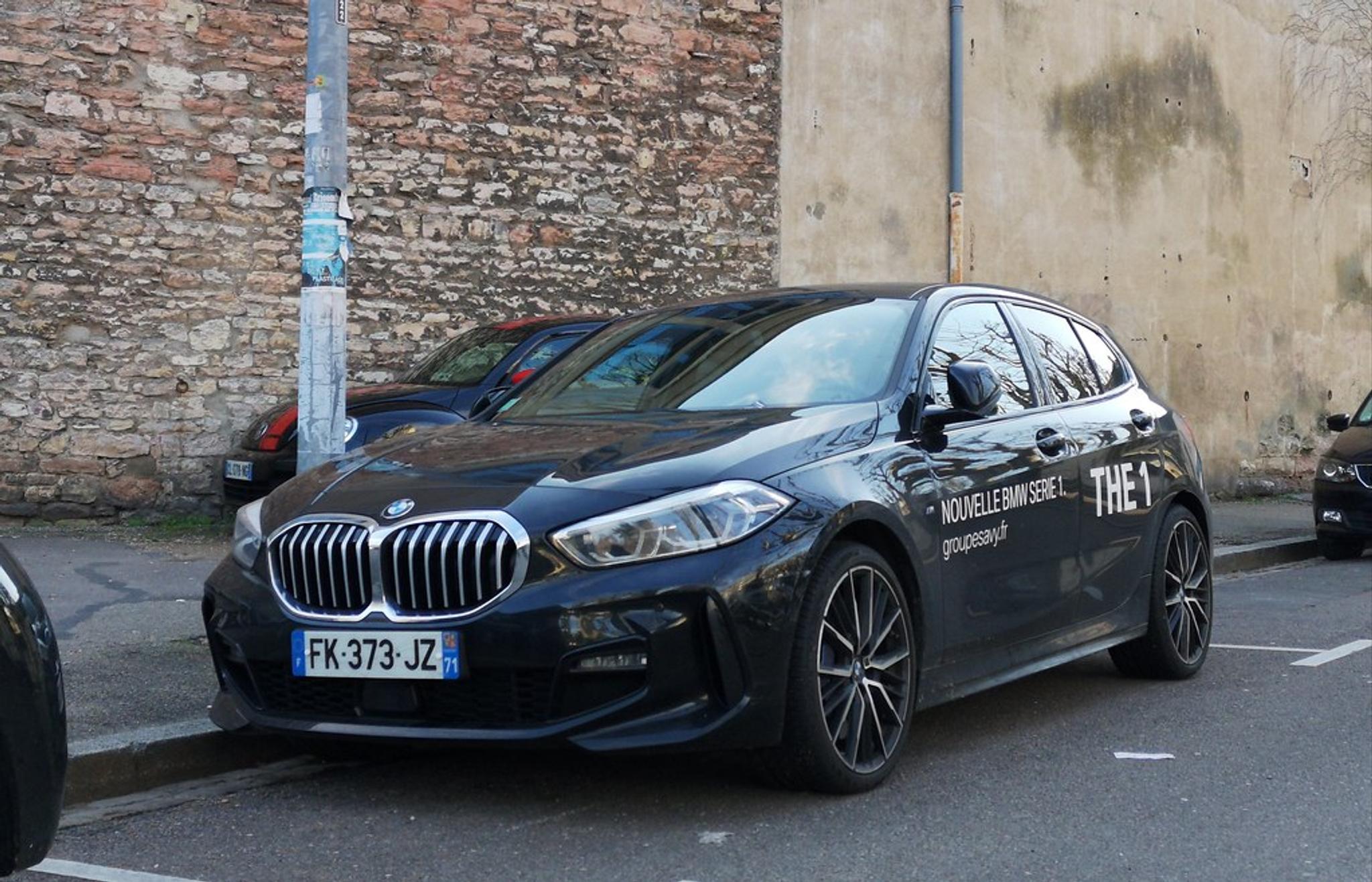
Another model transformed from a rear-wheel-drive powerhouse to a mild-mannered, front-wheel-drive hatchback. For cost-effectiveness reasons, BMW removed the unique selling point of the 1-series. Still, it shouldn't hurt the BMW model's popularity, as most buyers prioritize fuel efficiency and the car’s easy-to-drive manner.
BMW 1-series owners should be worried only about one thing – the automatic transmission. The 1-series uses the same Aisin automatic 8-speed gearbox as several other Citroen, Mini, and Volkswagen models. Due to problems with this gearbox in Volkswagen cars, a class action lawsuit was filed in the US.
While they offer a good combination of comfort and efficiency, these automatic transmissions are known for complete failures caused by broken seals and oil leaks. These issues usually occur when owners don't change the oil in the automatic transmission or change it less often than they should.
1. BMW 3-Series (E46)

The ultimate driving machine, the BMW of BMWs, is the 3-Series E46. While the winner was the E30 20 years ago, today, the E46 is one of the best daily drivers if you want a fun and dependable machine.
Introduced in 1999, the fourth-generation 3-Series still looks cool to this day. It was offered with a ton of different engines, all of which are efficient and dependable. Compared to its bigger brother, the 5-Series, the E46 is lighter, more fun to drive, and more basic, resulting in cheaper maintenance and better performance.
Since the last E46 was manufactured in 2006, corrosion is the main issue for buyers today. Also, check for oil leaks and ensure the car has been serviced properly.
How often should you service a BMW?

BMW has never been a cheap vehicle manufacturer and it never will be. BMW cars use more expensive components than cheaper and less complex cars like the Toyota Corolla, making them a little bit more costly to maintain.
If you don’t want to get a steep repair bill, use these two essential tips to reduce maintenance costs in the future.
Change the engine oil more frequently
BMW will tell you to change engine oil every 15,000 to 20,000 miles. However, ignore this recommendation and instead change engine oil every 7,500 to 8,000 miles. Changing the engine oil more frequently will ensure better lubrication and reduce wear.
Check the rubber hoses and gaskets
Older BMWs are known for issues with the cooling system and overheating. While newer models have a more effective cooling system, it’s recommended to inspect the health of the rubber hoses and examine if there are oil leaks through the head gasket every time you change the engine oil.
Avoid unreliable BMWs with a vehicle history report
Don't forget that every vehicle has a history that car owners and sellers sometimes want to hide. Very attractively priced BMWs may have a falsified mileage. That gorgeous 3-series could have been in the accident or even possibly stolen.
If you're looking to buy a used BMW, do yourself a favor and get a history check to learn the truth about the vehicle's history.

Check your VIN
Avoid costly problems by checking a vehicle's history. Get a report instantly!
Frequently asked questions

Article by
Aivaras Grigelevičius
Aivaras has been excited about cars since he was a little kid. Later, this passion for drivable objects (and everything that surrounds them) grew into work as an automotive journalist. Since then, Aivaras has written for several different magazines, covering anything with an accelerator pedal. He has a soft spot for cars with an Alfa Romeo badge.
